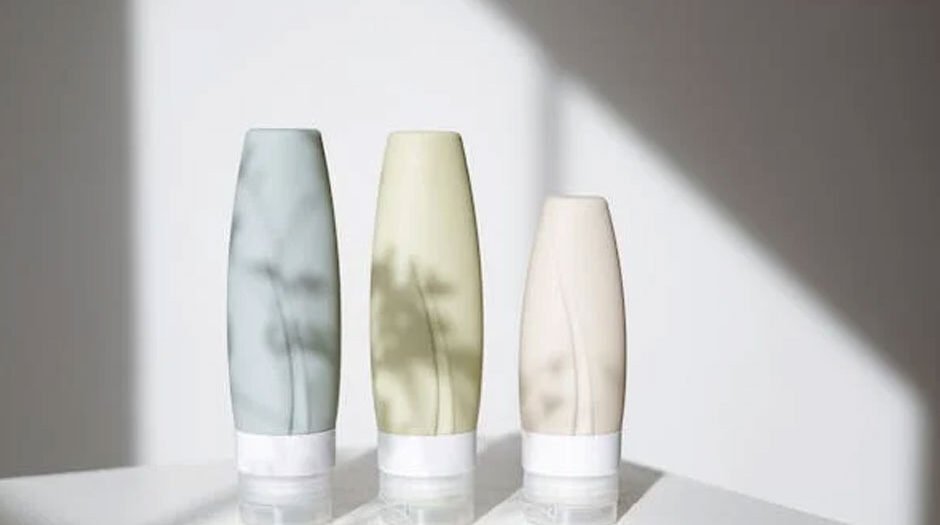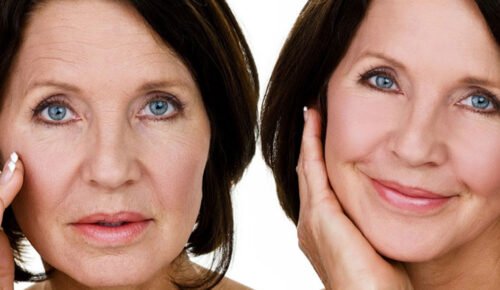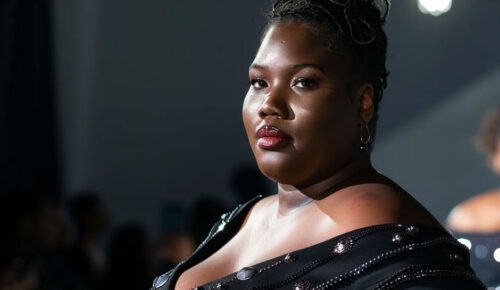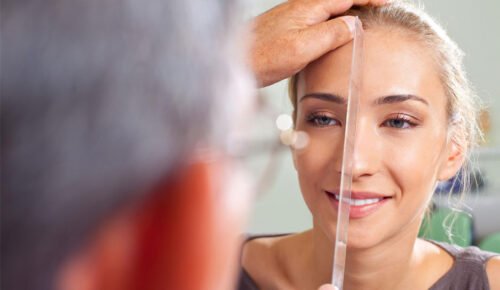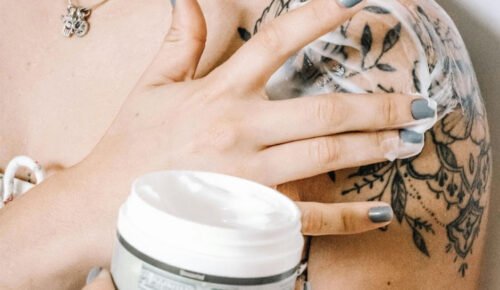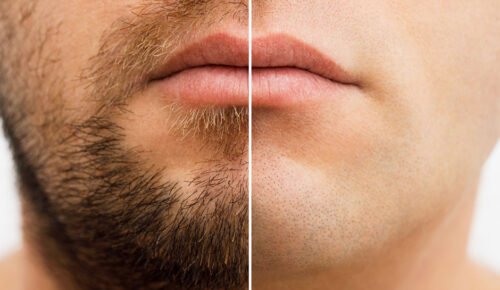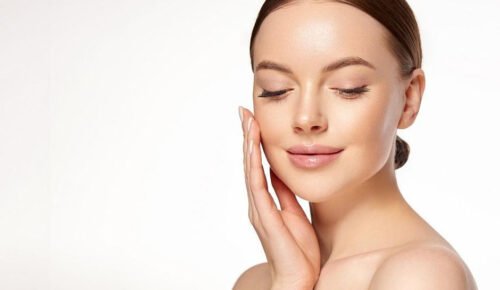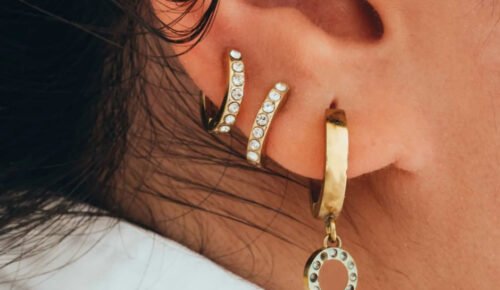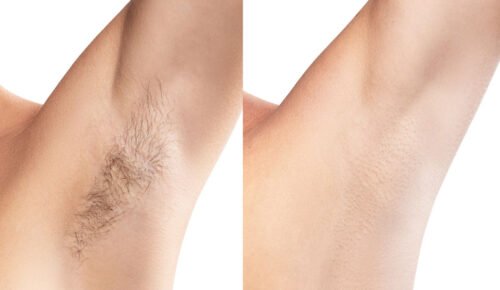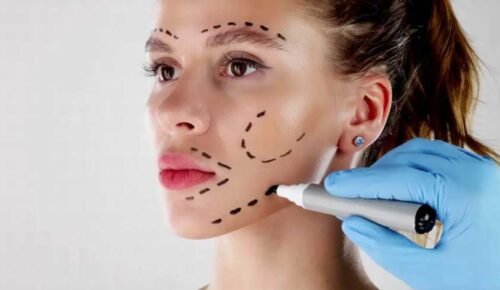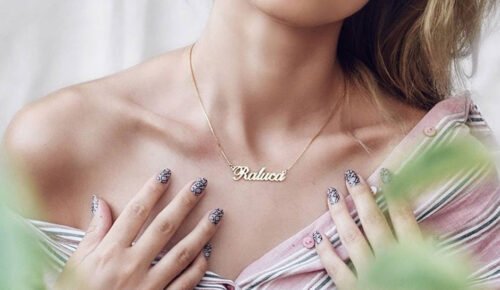The beauty industry flourishes because we want to look and feel good about ourselves. We spend billions yearly on skincare, hair care, and cosmetic procedures, seeking that elusive glow of perfection. Yet, a dark reality hides beneath the glitz and glamour of this massive industry.
According to Dermatology Times, 44% of cosmetics users experience adverse side effects. Many popular beauty practices, from everyday routines to invasive treatments, can carry significant health risks.
This blog post aims to illuminate those hidden dangers, empowering you to make informed choices about your beauty regimen. Let’s start.
The Hidden Dangers in Skincare
We all crave that radiant, youthful glow. But what if your skincare routine is doing more harm than good? It’s a scary thought, but unfortunately, it’s a reality for many. The skincare aisle can be a minefield of misleading labels and potentially harmful ingredients.
Your favorite moisturizer or serum might contain chemicals like parabens, phthalates, and formaldehyde-releasing preservatives. Studies show that some individuals, especially those with sensitive skin or existing skin conditions, may develop allergic reactions to these preservatives or fragrances.
These seemingly harmless ingredients have been linked to severe health concerns, including hormone disruption, reproductive issues, and even cancer.
It’s no wonder why consumers are increasingly worried about what they’re putting on their skin. According to Drive Research, around 87% of women have concerns when using a new skincare product. Allergic reactions and skin sensitivities are on the rise, a clear sign that we must be more mindful of what we slather on our faces. Patch testing new products is crucial, but understanding ingredient lists is equally essential.
Remember, your skin is your largest organ. It deserves the best care possible. Let’s ditch the toxic chemicals and embrace a skincare routine that nourishes and protects, not harms.
The Risk of Cosmetic Treatments
In our quest for aesthetic perfection, it’s easy to overlook the potential pitfalls of cosmetic procedures. Let’s delve deeper into these risks, separating the facts from the hype.
Non-Surgical Treatments
For those hesitant to undergo surgery, non-surgical cosmetic treatments offer an attractive alternative. The promise of quick fixes and minimal downtime is alluring, fueling the rapid growth of this market. According to SpaMedica, Americans went through 3.945 million Botox procedures in 2022. These procedures have become increasingly popular for tackling wrinkles, fine lines, and other signs of aging.
However, it’s crucial to remember that “non-surgical” doesn’t equate to “risk-free.” These treatments still involve injecting substances into your body or using lasers on your skin, and complications can arise. While bruising and swelling are common side effects, more severe problems can occur, including nerve damage, infection, and blindness.
Surgical Procedures
The allure of cosmetic surgery is undeniable. The promise of a perfectly sculpted nose, a flatter tummy, or a more youthful appearance can be tempting. According to Statista, aesthetic procedures revenue was $11.8 billion in 2022, of which $8.5 billion was from surgical cosmetic procedures.
It’s a booming industry, but you need to remember that these procedures are not without consequences. Many women undergoing cosmetic surgery experience complications. These complications can range from minor issues like infection and scarring to more severe problems like blood clots, nerve damage, and even death.
Hair Care Habits
We all want to look our best, including achieving a specific hairstyle for many. Whether straightening curls, adding waves, or changing color, we often use chemical treatments and heat styling tools to achieve our desired look. However, these everyday hair care habits can severely affect our health.
Chemical treatments like relaxers, perms, and dyes can expose us to potentially harmful chemicals. A recent study by NIH links these treatments to an increased risk of uterine and breast cancer, particularly in Black women. Beyond cancer risks, these chemicals can cause scalp irritation, hair breakage, and allergic reactions.
In light of these growing concerns, many women are taking a stand against the beauty industry. They’re demanding transparency about the ingredients used in hair care products and questioning the safety of standard styling practices. More and more women who have suffered adverse health effects from chemical hair relaxers are even seeking legal recourse.
The hair relaxer lawsuit alleges that manufacturers failed to adequately warn consumers about the potential health risks associated with their products, particularly cancer risk. Plaintiffs fight for compensation, greater regulation, and accountability within the beauty industry.
As per TorHoerman Law, these lawsuits are being filed into MDL in the Northern District Court of Illinois, United States. This wave of litigation reminds us that our pursuit of beauty should never come at the cost of our health.
Moreover, heat styling, another popular way to transform our hair, poses a threat. Blow dryers, flat irons, and curling wands can reach scorching temperatures, causing significant damage to the hair shaft. Over time, this can lead to dryness, brittleness, and even hair loss.
What’s the solution? It’s about balancing style and safety, so opt for natural hairstyles whenever possible. Limit the use of heat styling tools. If you do use chemicals or heat, be sure to choose gentle products and techniques.
Different Health Issues Due to Beauty & Skincare Products
The quest for beauty shouldn’t come at the cost of your health. Unfortunately, many beauty and skincare products contain dangers that can surprisingly impact your well-being.
Endocrine Disruption
Endocrine-disrupting chemicals (EDCs) lurk in many cosmetics. These sneaky imposters mimic hormones, potentially causing a domino effect of problems. Think infertility and thyroid issues. It’s a silent threat, with effects sometimes taking years to surface.
Respiratory Problems
That new perfume or nail polish might smell great but could pollute your air. A study shows that these aromatic products can release over 100 volatile organic compounds (VOCs) that can severely threaten human health. VOCs released from these products can irritate your lungs, trigger asthma attacks, or worsen allergies. So, next time you’re in a nail salon or spritzing perfume, think about the impact on your respiratory system.
Nail Products and Cancer
Manicures and pedicures can be relaxing treats, but beware of the chemicals hiding in some nail products. Formaldehyde and toluene, often found in nail polishes and removers, have been linked to increased cancer risk. Opt for “3-free” or “5-free” nail products that avoid these harmful chemicals.
FAQs
Is there a connection between health and beauty?
Yes, there’s a strong connection between health and beauty. Good health manifests outwardly as radiant skin, lustrous hair, and a vibrant overall appearance. A balanced diet, regular exercise, and sufficient sleep contribute to physical well-being and enhance one’s natural beauty.
Is the beauty industry harmful?
Yes, the beauty industry can be harmful. It contributes to environmental damage through excessive packaging, resource depletion, and pollution. Some products contain chemicals linked to health concerns, and the industry can perpetuate unrealistic beauty standards, negatively impacting self-esteem.
What are the problems with cosmetics?
Cosmetic products can pose several problems, including potential health risks due to harmful chemicals, allergic reactions, and skin irritation. Some products may also contain animal-derived ingredients or involve animal testing, raising ethical concerns. Furthermore, misleading marketing and exaggerated claims can create unrealistic expectations and contribute to consumer dissatisfaction.
The beauty industry can be a captivating world filled with promises of transformation. But as we’ve explored, it’s vital to approach this world with a discerning eye. Your health and well-being should always be the priority.
Don’t let the pursuit of external beauty lead you to health complications and emotional distress. Research the ingredients in your products, choose qualified and reputable practitioners for cosmetic procedures, and remember that self-acceptance is the most beautiful look.
